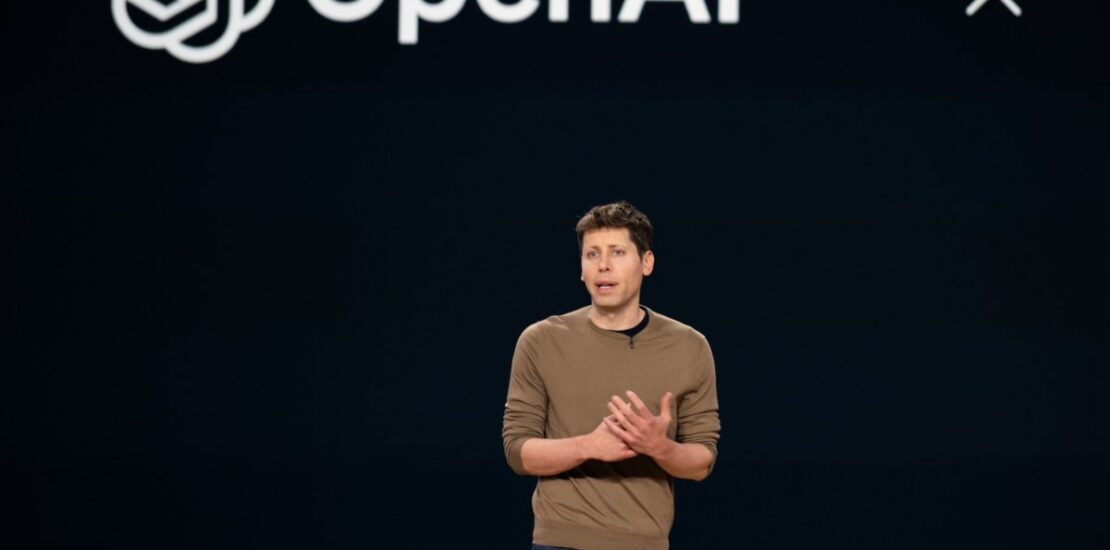ChatGPT Search is not OpenAI’s ‘Google killer’ yet
- November 4, 2024
- Posted by: chuckb
- Category: TC Artificial Intelligence

OpenAI recently launched its ChatGPT Search, aiming to disrupt traditional search engines like Google. This highly anticipated tool is positioned as a competitor to Google’s search capabilities, especially after Google integrated AI-generated responses into its platform. However, initial experiences using ChatGPT Search indicated that while it shows potential, it falls short of being a practical daily search engine replacement.
### Impressive Features but Practical Limitations
ChatGPT Search excels at providing detailed answers to complex queries. It offers a clean layout that shows AI-generated replies alongside source links, potentially making it easier to access well-sourced information without sifting through ads or SEO-heavy content. For instance, if a user inquires about a nuanced topic, ChatGPT Search may efficiently compile relevant data from various sources, albeit requiring longer prompts to deliver optimal results.
Yet, its performance significantly lags when handling short, common queries that dominate the search landscape, like “Celtics score” or “library hours.” These types of navigational searches account for the bulk of Google searches, a method that allows users to quickly find specific information or URLs. During testing, ChatGPT Search struggled with these brief prompts, leading users back to Google for accurate and timely answers.
### The Inaccuracy Problem
The inaccuracy of ChatGPT Search became apparent through multiple test scenarios. For example, a query about live sports scores yielded incorrect data when compared to Google. Similarly, when searching for information regarding earnings reports from major companies, ChatGPT provided outdated information, illustrating the tool’s tendency for “hallucination” — generating facts that are not accurate or reflective of reality. Issues also arose when attempting to find contact details for professionals, revealing broken links and irrelevant summaries.
Such inaccuracies signal that, despite its potential for providing rich and informative responses, ChatGPT Search does not yet meet the reliability required for common everyday inquiries, leading to frustration among users who depend on quick access to accurate information.
### A Comparison of Approaches
OpenAI’s CEO, Sam Altman, highlighted the importance of search technology, acknowledging that while ChatGPT Search currently does not outperform Google, improvements will be made based on user feedback. Importantly, Google’s search algorithm has been evolving for 25 years, gaining significant expertise in navigational queries that can assess intentions behind short searches effectively. Conversely, ChatGPT Search is still in its infancy, with developers eager to adapt the tool for user needs.
Analysts noted an interesting distinction in user behavior between ChatGPT Search and Google. While Google users tend to employ minimal keywords, queries on ChatGPT Search are longer and framed more in a natural conversational style. This could indicate a fundamental challenge in aligning the functionality of AI-powered search with established search practices that favor brevity.
### Future of AI Search Products
Although ChatGPT Search is not yet ready to position itself as a viable Google alternative, it does carve out a niche in providing comprehensive insights and answers to well-framed questions. In a space where traditional search overlooks nuanced information, tools like ChatGPT Search could flourish, but only if they refine their capabilities to handle short, common queries with the same efficiency as Google.
Similar competing platforms, like Perplexity, also highlight this divide. Perplexity claims to serve hundreds of millions of search queries weekly, yet encounters similar challenges with short search prompts. This limitation could suggest a broader underlying issue with how large language models like ChatGPT are optimized for web searches, further perpetuating their reliance on longer, detailed questions.
### Conclusion
OpenAI’s ChatGPT Search showcases a promising advance in integrating AI into search functions but currently lacks the reliability and practicality of Google for day-to-day use. Its strengths lie in providing detailed answers to complex inquiries, yet its flaws in handling shorter navigational queries limit its overall utility. OpenAI has acknowledged these issues and commits to refining the tool, potentially shaping the landscape of search engines in the future.
Until significant improvements are made, Google remains the primary search solution for quick information retrieval and navigation, leaving platforms like ChatGPT Search to explore alternative roles in the evolving digital information ecosystem. For now, while ChatGPT Search indicates intriguing possibilities for AI-driven search in the future, it will require substantial enhancements to genuinely rival Google as an indispensable resource for the internet browsing experience.
